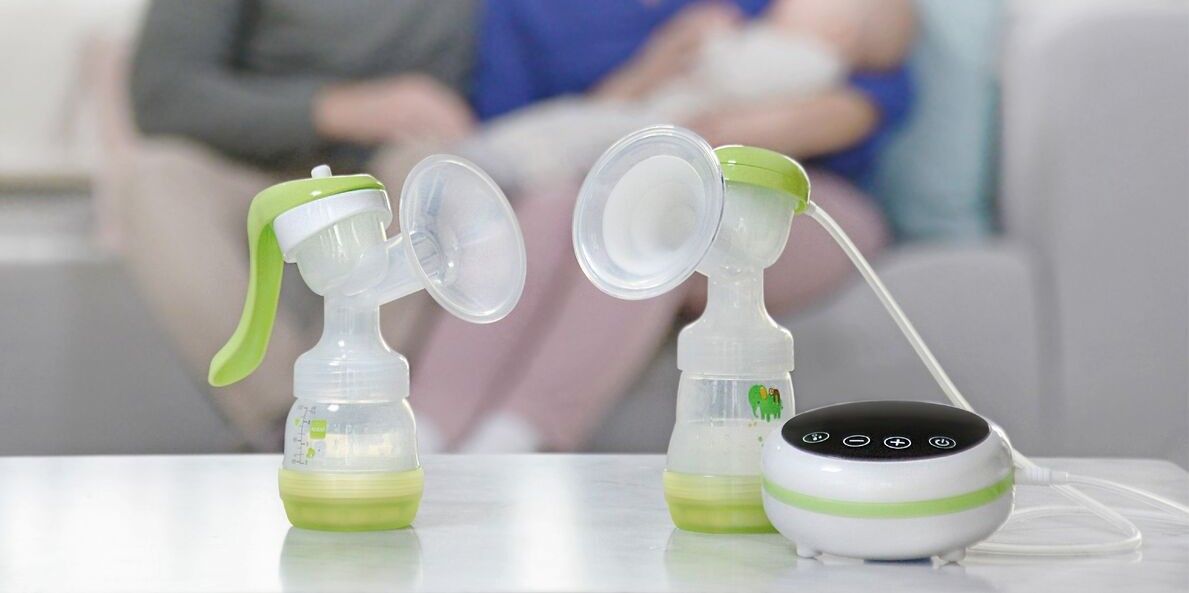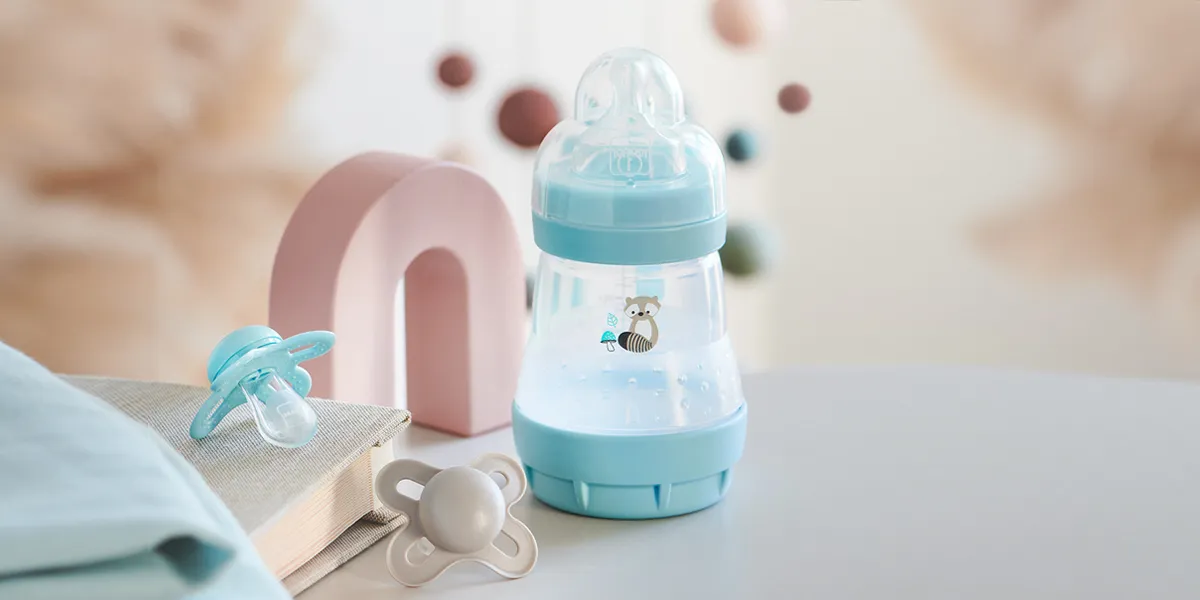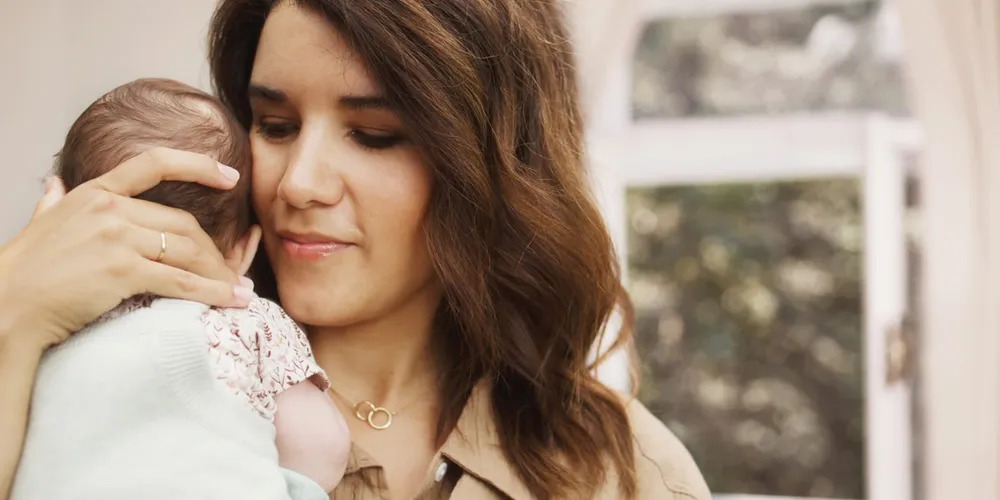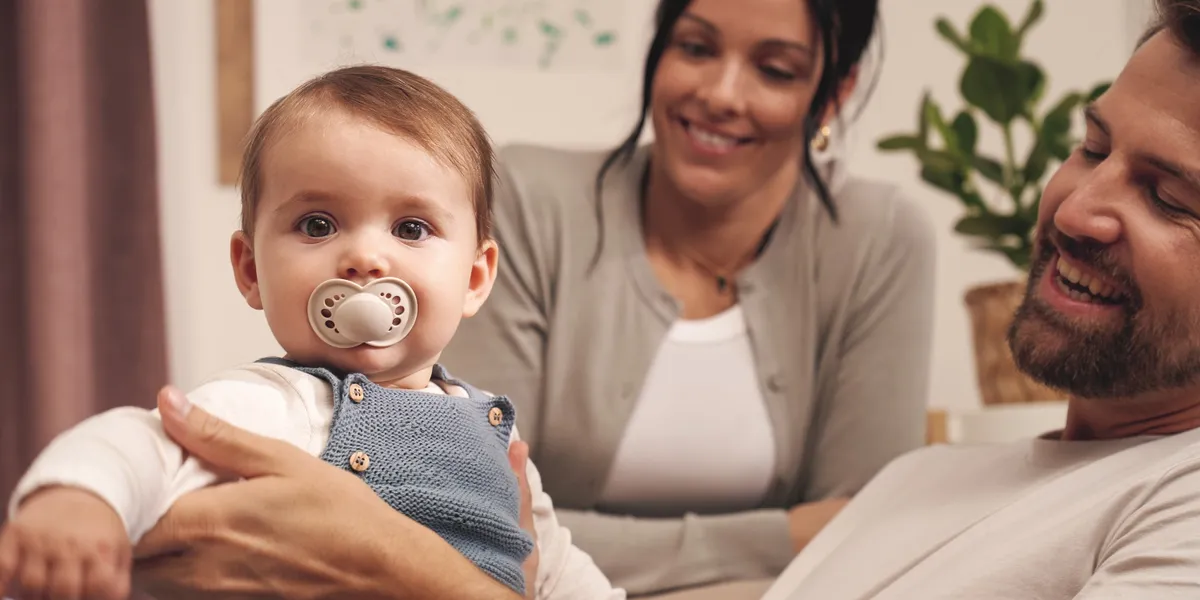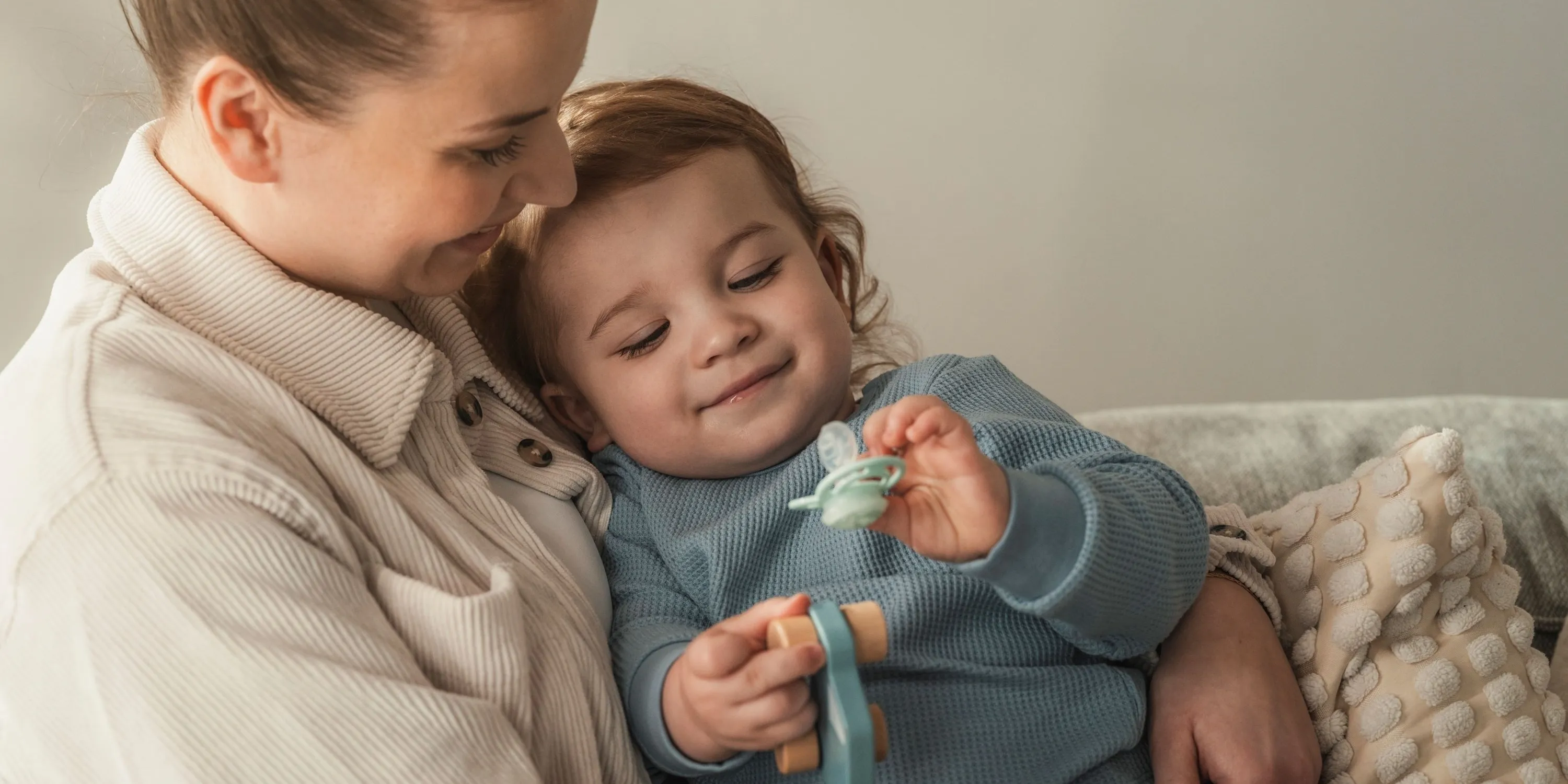Introducing a pacifier to a breastfed baby requires a delicate approach to ensure it does not disrupt the breastfeeding journey. In the maternity setting, we often find ourselves guiding new parents through this process, understanding their concerns about nipple confusion, breastmilk supply and maintaining a successful breastfeeding relationship. Here is some advice on how to introduce a pacifier without jeopardising breastfeeding.
Establish Breastfeeding First
First and foremost, timing is crucial. It is important to wait until breastfeeding is well-established before introducing a pacifier; it typically takes several weeks for the baby and the breastfeeding parent to become more confident with nursing. Early introduction might affect the baby's ability to latch correctly and the mask feeding cues, so allowing time to establish good positioning and attachment is essential. Breastfeeding should remain the primary source of comfort and nutrition, and the pacifier should complement breastfeeding, not replace it. Therefore, avoid using the pacifier to postpone or replace breastfeeding sessions, as this can impact milk supply and interfere with the baby's natural feeding cues. Parents should be encouraged to be patient and observe their baby's cues, as introducing a pacifier is gradual. Following the introduction of a pacifier, parents should consult a healthcare professional if there are any concerns about the baby's weight gain, urinary or faecal output or feeding pattern. Regular check-ups will help ensure that the baby is thriving, and that breastfeeding remains a successful and fulfilling experience.
Team Effort
Involve the breastfeeding partner in the process. Introducing a pacifier is a team effort, and the partner can play a crucial role in offering the pacifierand comforting the baby during non-feeding times. Not only does this help strengthen the bond between the baby and both parents, but it also ensures that the introduction of the pacifier is a positive experience.
Timing is Key
Choose the right moment to offer the pacifier. Consider offering it between feeds or when the baby is calm and not extremely hungry. This way, the baby is more likely to explore and suck on the pacifier without frustration, as they are not desperately seeking nourishment.
Choose the Correct Pacifier
There are many options on the market when it comes to choosing a pacifier. However, it is essential to note that not all pacifiers are created equal! Avoid using a pacifier with a thick, round teat, as these can prevent the mouth from closing correctly. Instead, opt for a teat that's Orthodontically approved; these tend to be symmetrical and flat in shape with a thin and flexible neck.
Pacifier Safety
A pacifier should be washed and sterilised before each use; this reduces the risk of harmful bacteria from entering the baby's body and making them unwell. Pacifiers should be cleaned in warm, soapy water and then have the remaining soap suds thoroughly rinsed off. Next, they should be placed into a steriliser, carefully following the manufacturer's guidance to complete the sterilising process. The parents must always be aware to ensure the pacifier has entirely cooled before giving it to their baby.
In addition, pacifiers should be safety-checked before each use. This simple check can be done by washing the hands thoroughly and inspecting the whole pacifier for any signs of damage. Next, perform the safety pull test by holding the teat between the fingers and firmly pulling it in all directions; carefully inspect it for any signs of wear and tear. If any damage is evident, discard the pacifiers and replace it with a new one. All pacifiers should be replaced every one to two months for hygiene purposes.
To Summarise
Introducing a pacifier to a breastfed baby can be a smooth process with careful consideration and patience. By waiting until breastfeeding is well-established, choosing the correct pacifiers, and being mindful of the baby's cues, parents can successfully incorporate a pacifier into their routine without compromising the breastfeeding journey. Remember, each baby is unique, so finding the right balance may take some time, but with the right approach, it is possible to enjoy the benefits of both breastfeeding and pacifier use.















